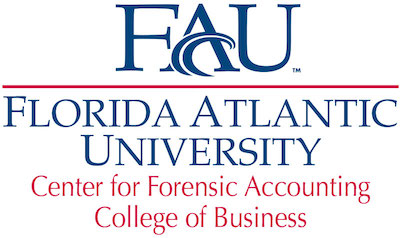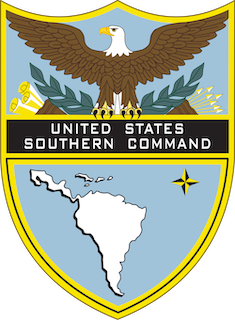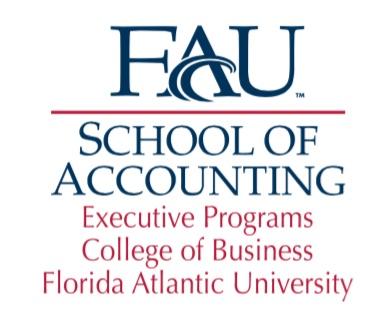Way to go Tim!

Tim Church, CFE – SOAEP Alumnus
According to the ACFE, the designation Certified Fraud Examiner (CFE) is “Recognized as the ‘Gold Standard” and requires a comprehensive understanding of the following major disciplines of fraud examination:
1. Fraud Prevention and Deterrence
2. Financial Transactions and Fraud Schemes
3. Investigation
4. Law
Other ACFE reported facts about the CFE (www.acfe.com):
* According to the 2015/2016 Compensation Guide for Anti-Fraud Professionals, CFEs earn 23 percent more than their non-certified colleagues.
* In a recent study by Robert Half International, a leading specialist in financial staffing, the CFE is listed as one of the most marketable credentials today.
* ACFE research shows that organizations that have CFEs on staff uncover frauds 50 percent sooner and suffer losses 55 percent lower than organizations without CFEs.
In Tim’s own words, “I studied for 4-5 months while balancing a full-time position and family life. I would recommend the prescribed study program from the ACFE, which comes with money back guarantee IF followed; if you follow it and complete it fully and fail to pass any section, you can retake it for free.”
Qualifications and Application Process
Certification is a sign of excellence, and as such, is not for everyone. Only those who are truly dedicated to their career and their profession can achieve this high standard. Regardless of education level, the candidate must also have a minimum of two years work experience in the field of accounting, law, fraud investigation, loss protection, or criminology. All these qualifications are assigned a point value, and only applicants with at least a score of 50 points can earn this certification.
One important aspect of the CFE’s point system is that applicants possessing at least a bachelor’s degree, but without the two years work experience, are permitted to sit for the exam. Then, at the end of two years working, they can fully qualify for the CFE credential.
For a candidate that qualifies, there is a five step process that must be followed.
1. Apply for and receive acceptance as an associate member of the ACFE
2. Prepare to take the CFE exam
3. Apply to take the CFE exam. This application must include proof of your education and recommendations from professionals
4. Successfully pass the Certified Fraud Examiner examination
5. Receive approval from the ACFE certification committee
Preparing for the Exam
The most difficult part of the certification process is passing the exam. Unless the candidate has specific training in forensic accounting, the examination is likely testing skills that the candidate has never before had to demonstrate. An ideal way to make passing this examination easier is to enroll in a Masters of Accounting in Forensic Accounting program, like the Masters program available at Florida Atlantic University, which students may attend on-campus, fully online, or via live web video conference.
The FAU Forensic Accounting Masters Program allows the candidate to work and gain valuable experience while learning the unique fraud detection, investigation, and prevention skills that are critical for the type of forensic accounting work that requires a Certified Fraud Examiner credential. The skills learned in such a program are critical to passing the test as well as to the work the forensic accountant will perform while working in the field.
If there are any other SOAEP Alumni with the CFE certification, let us know! Contact us at: ReConnect@JoinFAU.com





